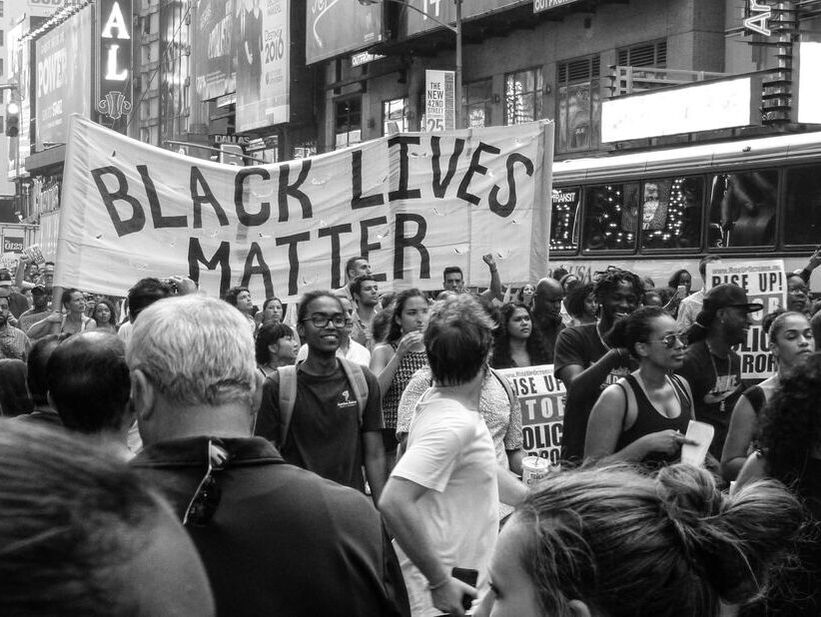|
|
|
Henri Lefebvre and C.L.R. James were quintessential twentieth-century intellectuals. They were born within six months of each other in 1901. Both lived to within sight of the century’s end: James died in 1989 and Lefebvre in 1991. And, as I argue in my Identities article, 'Passing through difference: C.L.R. James and Henry Lefebvre', their grappling with the times in which they lived led them to articulate a comparable politics.
What kind of politics? One which valued human flourishing more than formal equality. One which considered creative freedom more significant than technological progress. And one which found hope in the way in which ordinary people fought against constraint in their day-to-day lives.
So, Lefebvre and James are good for us to think with. They gives us means of making sense of the world in which we find ourselves. For example, in different ways both men anticipated the rise of a populism focused on the defence of welfare and security. They saw how easily such ideas could be used to justify violence and exclusion against those who were seen as threatening ‘our’ possessions. This matters. It matters in a moment when politicians and other public figures (e.g. Hillary Clinton or former Assistant Commissioner Mark Rowley) routinely blame migrants for political insecurities. It matters when academics do the same, endorsing the claim that there are ‘legitimate concerns’ about the extent to which migration threatens a ‘possible destruction of the national group’s historic identity and established ways of life’ (Goodwin & Eatwell 2018).
For both James and Lefebvre, the best response to this was to shift the political emphasis away from a politics rooted in the idea of defending ‘what is’. In its place, they emphasised something mundane but profound: the restless search for what ‘might be’. One doesn’t have to look far to find the evidence of that continuing search. It is there, playing out in front of us, every time someone struggles against the limitations of their lives at work or elsewhere. But this isn’t all that there is to say. A comparison between these two thinkers is salutary for another reason. It illustrates the extent to which the shadow of empire falls across even some of the most radical of European intellectual contributions. For example, Lefebvre’s account of modern society relies, more than once, on a comparison with the image of a ‘primitive’ state of being. In this and other ways his writing tacitly accepts the idea of racialised human differences which European imperialism sustained. It implies that, in order to understand modernity, we need to be able to contrast it with something else, something outside of itself, something ‘other’. This is where the contrast with James is so telling: for James, the histories of racism and empire – and the histories of struggle against both of these – were themselves central to the formation of modern society. They did not belong to some ‘other’ or ‘primitive’ place outside of modernity. James understood that racism was lodged in the heart of modernity, not just as a practice but also in the very idea of ‘modern society’ itself. If we want to think critically about that society, a first step is to think critically about the way racism shapes the very categories we have at hand. Reference: Goodwin, M. & R. Eatwell. 2018. National populism: how liberal democracy was trumped. London: Penguin.
Blog post by Andrew Smith, University of Glasgow, UK
Read the full article: Smith, Andrew. Passing through difference: C.L.R. James and Henry Lefebvre. Identities: Global Studies in Culture and Power. DOI: 10.1080/1070289X.2018.1558880
0 Comments
Your comment will be posted after it is approved.
Leave a Reply. |
|
Explore Identities at tandfonline.com/GIDE |
|
The views and opinions expressed on The Identities Blog are solely those of the original blog post authors, and not of the journal, Taylor & Francis Group or the University of Glasgow.

